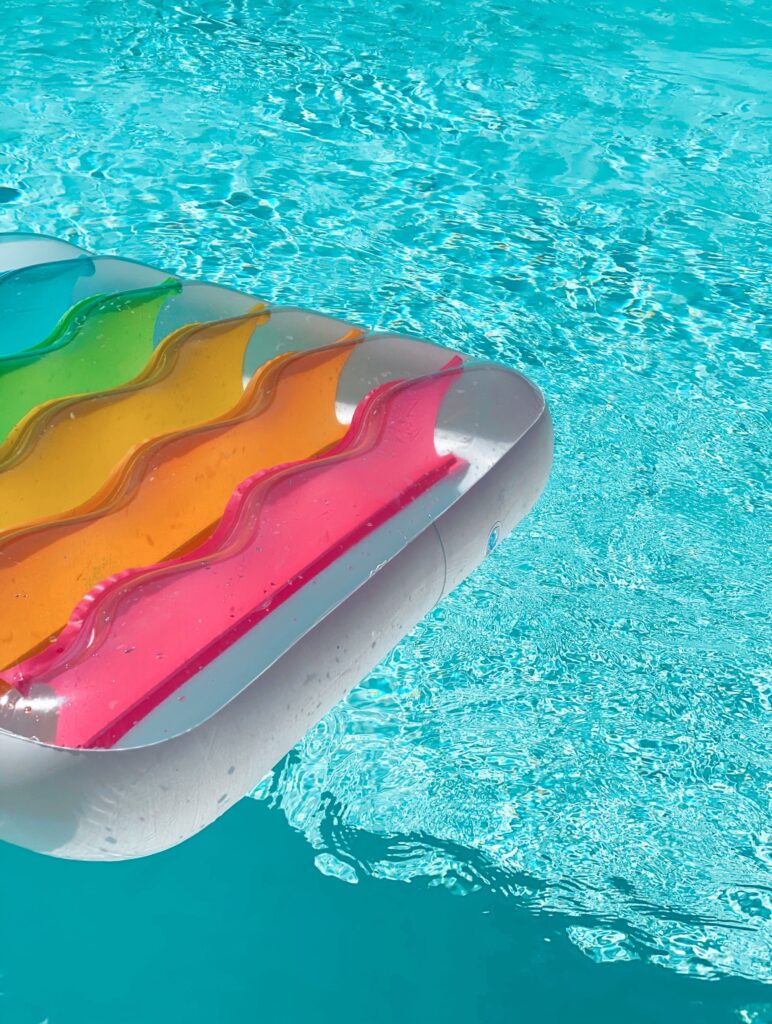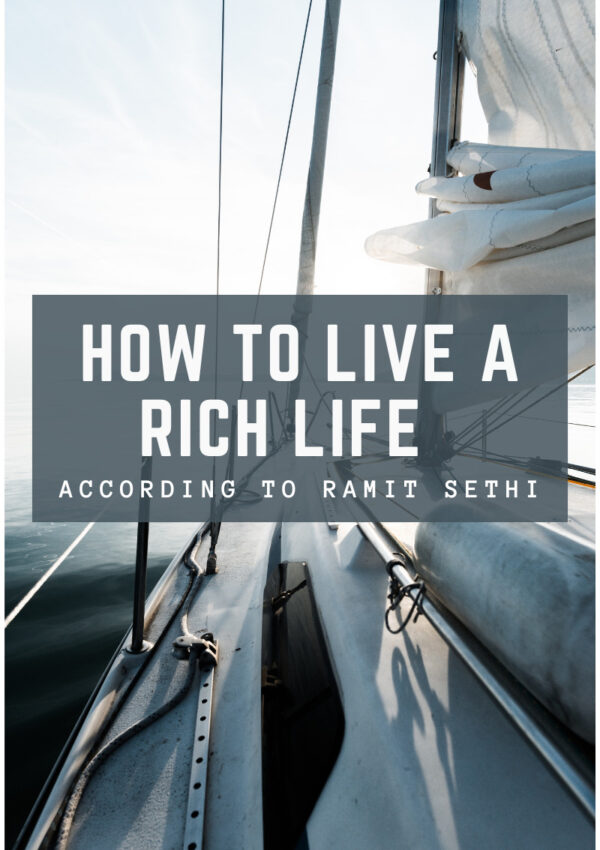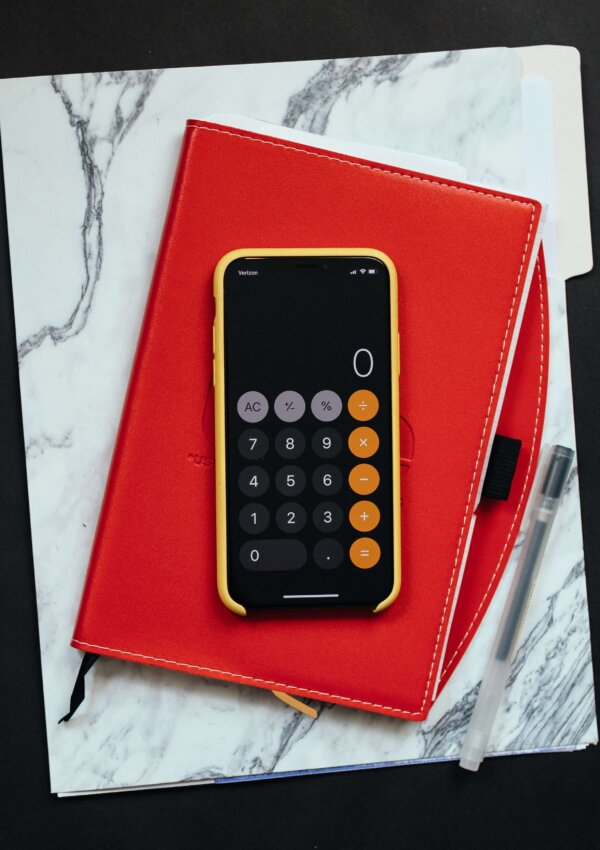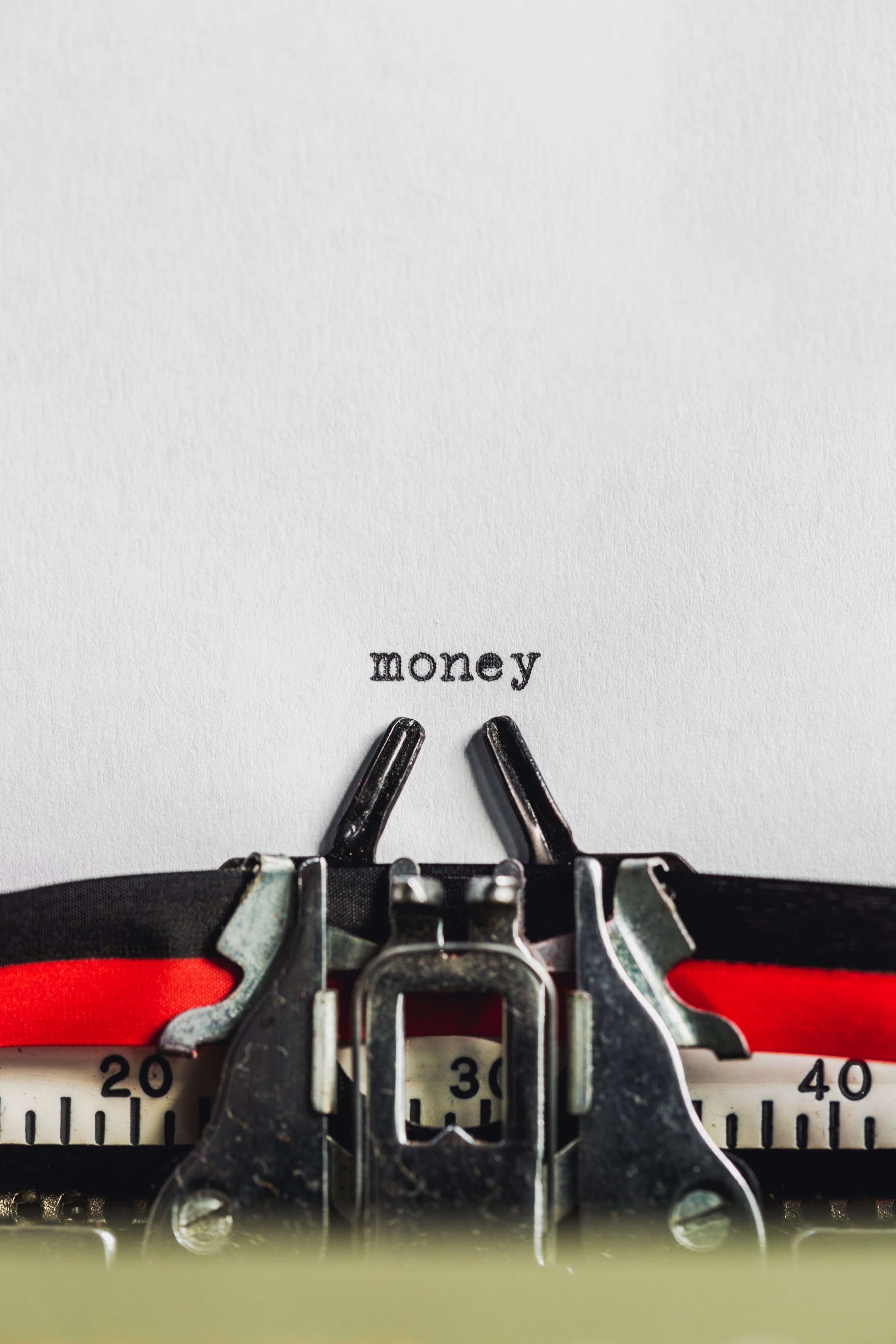Frugal and cheap may sound similar, but they mean completely different things.
Cheap is sleeping on a pool float in the middle of the hotel floor so you can split the room 5 ways.
(And no, of course it didn’t hold air after the first hour.)

Cheap
Saving money is important, but is there a point at which you can go too far?
When You Know You’re Cheap
- Cheap is not tipping or tipping very little at a restaurant.
- Cheap is staying in sketchy hostels in Europe because you thought you could book it last minute and save a buck.
- Cheap is eating nothing but sodium-filled canned goods to save money on food.
- Cheap is not offering to split gas or ever take your car on trips.
- Cheap is buying Dollar General shoes when you know they already don’t fit right.
Frugal sometimes gets a bad reputation because it is in a similar category as cheap.
While both words relate to spending less money, which is typically a good idea, the key difference is the way your decision to spend less plays out.
For instance, not leaving a tip affects someone–in a big way. It disrespects and short changes the waiter. It’s a cheap move because your stinginess doesn’t give the wait staff what he or she is owed.
You can also cost yourself too. In our canned goods example (yes, I actually did that), to save money on groceries, I found myself mostly buying canned soups and beans to eat during the week when I first started renting and working my second big-girl-job.
I consumed a ton of sodium doing this. Not to mention, I later found out that I was basically allergic to beans. My stomach felt horrible most days, but let’s just say eating beans most nights out of the week definitely wasn’t helping me.
In this example, my cheapness played out by affecting me negatively.
Frugal
Frugal, on the other hand, does not mean cheap. It is more about being economical with your spending. Frugal is being thoughtful about the purchases you know you want to make or need to make.
Frugal leans into being considerate–considerate of your bank account, others, and the opportunities around you. Sometimes frugal involves creating opportunities to save. Just keep in mind that a high level of integrity should be maintained when negotiating or trying to make those opportunities happen.
When You Know You’re Frugal
- Frugal is thrifting an almost new pair of Nike shoes for $2 and wearing them every workout.
- Frugal is buying bulk grocery items and freezing / preserving them to enjoy the lower unit price for something you’re going to buy routinely anway.
- Frugal is finding a used car with low miles and a reasonable price tag and countering with a fair Kelly Blue Book offer and being willing to walk away if the seller doesn’t want to play ball.
- Frugal is waiting for a sale to buy a lifetime-guaranteed Osprey backpack for your Italy trip.
- Frugal is doing your very best to plan and not waste, thereby lowering your overall grocery spending.
- Frugal is thrift shopping or shopping on resale apps to get things you want for less.
Being frugal is the act of spending less on something of quality due to finding a deal, making a deal, or simply putting up with a small inconvenience to save money on the things you already want or need.
Power Play
Let’s talk about the unspoken presuppositions about being frugal.
To truly be frugal, you typically need to be able to postpone purchases or wait on deals.
This means you have to be in a position to have your bases covered to play the power move of walking away from something for the sole reason that it wasn’t the right deal for you.
Frugality speaks to a position of power because it means you have time to wait before making a purchase. Time in this case means you’ll typically be more likely to find a deal. When you have time, you can do your research and wait for a nice resale deal or for a company to run a deal before you buy.
If you don’t have time, you may have to settle for spending the full price money upfront without having a chance to shop around or find a better deal. It’s also worth noting that being frugal sets you up to be able to wait and get the deal. It’s a habit that feeds into itself. When you’re frugal, you have excess money saved, when you have excess money saved, you don’t ‘need’ the thing right away. You can afford to wait and ultimately have a chance to score a deal.
It also means you aren’t sucked into the societal mind meld that consumerism and advertising pay so much to create, which tells people that they NEED x, y, or z NOW.
Being frugal means, no, you don’t have to have it now. You can wait, and reward your bank account in the process.
I will say the Power Play doesn’t really shine in all areas of frugality. One way it does shine, though, is in the example of buying a used car. You can afford to walk away from a deal because you have the funds set aside for the day when you don’t have a car. You’re still able to get to work / live your life and risk losing that used car deal to negotiate the price you want.
A Real Pet Peeve
Using ‘frugal’ and ‘cheap’ as negative blanket statement slurs is a real pet peeve of mine.
As someone who likes to save money, I’ve certainly been called frugal in a negative way.
And yes, while cheap is an inherently negative thing as we’ve discussed, using either of these words in a blanket statement manner to name-call someone about their lifestyle choices is really not the move.
“Come on, I know you have money.”
“Stop being so cheap, I know you save.”
“Oh yeah, she’s really frugal, she’d never go for that.”
I think the root reason for why this bothers me is the fact that the people saying these things are usually the people who buy into the consumerism narrative of the day–Without. Question.
They say it from a stance of ‘you don’t fit in with the societal norm of what’s going on right now’, i.e., the trends or the experiences that are deemed “fun” and “exciting” by your peers at the moment is THE mecca of existence and your RIGHT to experience, meanwhile, you’re over there choosing to say no to participating and therefore living a deprived life and missing out on what life is really about.
I take issue with the root cause of this stance for a couple of reasons:
- Who decides the trends? Usually the billion-dollar advertising departments, also known as the life-blood of consumerism. Asking yourself ‘who’s really calling the shots here?’, is a good place to start. Did you come up with that idea on your own? Or was it brought to life after hours of seeing subtle ads on your social media feed and not so subtle sponsored posts that finally made the decision a no-brainer for you?
- Who says you have to be able to experience the things your peers are experiencing? You may be in a different stage of life. After high school, you’re placed on a track that is a track all your own. If you’re in college making no money, then no, you don’t deserve a new car. If you started working at trade school and picking up jobs while still in high school / right after graduating, you may be in a place to buy a car or go on a nice trip, or even begin to think about buying a home. You are not owed things, simply because you are in that stage of life when all your peers are doing that thing.
Now, there is a fine line of balance that I haven’t discussed and don’t have time to discuss here.
The fine line involves something I like to call leverage. Actively choosing to leverage your desires, fun, or enjoyment for the greater good of where you’re ultimately going can go too far.
In fact, it is this very aspect of leverage that has caused me to get myself in some pretty bad situations and live my not-so-best ‘cheap’ life in the past.
Enjoying life is important, but I won’t say it is everything.
Figuring out how far to leverage something is a personal pendulum swing that usually needs to be ridden a bit to find the sweet spot. I say this with a heavy dose of prudence in mind, because as I said, sometimes you can leverage too far and get yourself caught in a bad situation.
Intentional leverage backed by prudence and preparedness–yes.
Ignorant leverage for the sake of YOLO and spending all your money because mom and dad got you–no.
What’s the Real Difference?
Now, after all that, what’s the real difference between being frugal and being cheap?
The real difference between frugal and cheap is the intent behind the action of choosing to not spend money. Mixed in that definition is the key characteristics of the actions that spring from that intent.
Cheap – is having money and choosing to not spend it, even when it negatively impacts others. Cheap is rooted in a ‘me only mindset’ that is ungenerous and stingy.
Frugal – is rooted in a desire to save and drive a hard bargain for the things you want and need. Frugality is not afraid to spend money on quality experiences and things. Frugal is thrifty so it can facilitate generosity.




